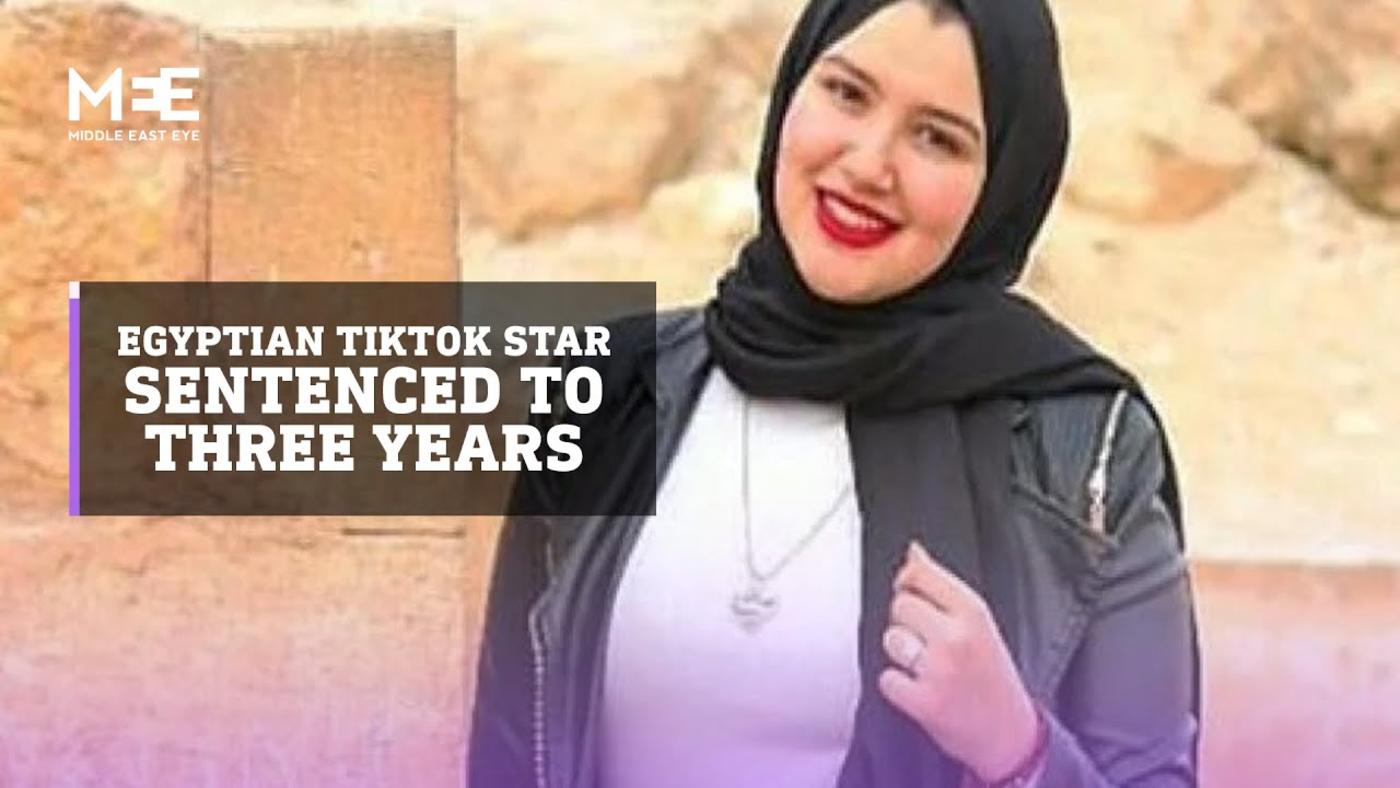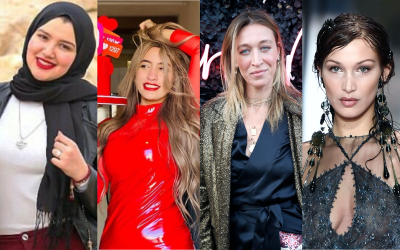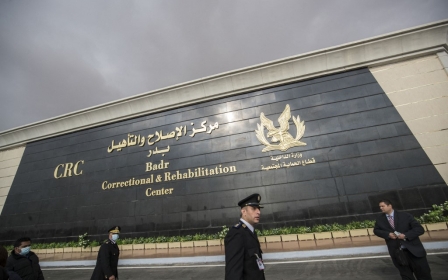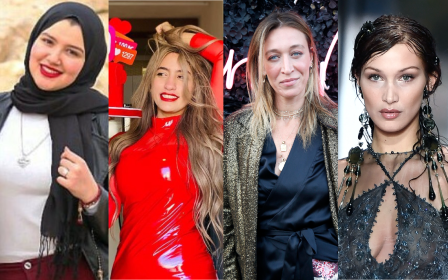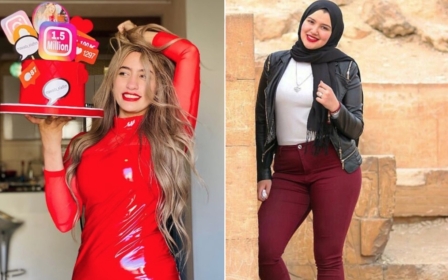Egyptian TikTok star sentenced to three years in jail for 'human trafficking'
An Egyptian court on Monday sentenced TikTok influencer Haneen Hossam to three years in prison and a fine of 200,000 pounds ($10,759) after a retrial convicted her of "human trafficking".
The verdict is the culmination of a trial that originally started two years ago. Hossam was sentenced in June 2021 to 10 years in prison on related charges, but a retrial was held after her lawyer lodged an appeal.
The crackdown on Hossam began in August 2020, when authorities brought charges against 10 female TikTok influencers, including "indecency" and "violating family principles and values". Hossam also faced the additional charge of human trafficking.
The case of human trafficking, according to the verdict, was brought against her in relation to an Instagram video in which she encouraged women over 18 to post videos of themselves on the app Likee to earn money. Amnesty International said the video had "no credible evidence linking her to any internationally recognisable crime".
The TikTok influencers were prosecuted under Egypt's 2018 cybercrime law, legislation that has been widely criticised by human rights campaigners and activists for being vague and for being used to unfairly target people.
Not only can authorities imprison and fine people for content posted online deemed to be inconsistent with family principles or the values of Egyptian society, the law also allows any social media accounts with more than 5,000 followers to be monitored.
'Rumours ruined lives'
Hossam, who had over one million followers before the trial, was arrested in June 2021.
In the days before her arrest, Hossam said the media had taken her content and shared it out of context when they claimed that what she was doing was inappropriate.
"Rumours have ruined lives. I have never said anything bad in my videos, I never said I wanted girls to do inappropriate things to earn money. I said respectable girls could earn money on social media. No one works without getting paid in return, so how is this different?" she said.
In another video, which has gone viral, Hossam added that she had been on the receiving end of an onslaught of harassment, which had caused her significant distress.
"What are you benefiting from by destroying someone? Beating someone when they are down is wrong... there are people doing much worse things, why are people focusing on me? Bloggers are not hurting anyone, why are people creating rumours with no evidence?" she said.
In January last year, an appeals court in Cairo acquitted Hossam and four other influencers of "violating family principles and values". The charges were brought following videos they posted on TikTok that involved singing and dancing.
Amnesty International has called on Egyptian authorities to end their crackdown on female TikTok users, denouncing the charges against them as "absurd".
Lynn Maalouf, Amnesty International's Middle East and North Africa research director, said that their arrest perpetuated a culture of inequality and violence against women.
"Instead of policing women online, the government must prioritise investigating the widespread cases of sexual and gender-based violence against women and girls in Egypt," she said.
Middle East Eye propose une couverture et une analyse indépendantes et incomparables du Moyen-Orient, de l’Afrique du Nord et d’autres régions du monde. Pour en savoir plus sur la reprise de ce contenu et les frais qui s’appliquent, veuillez remplir ce formulaire [en anglais]. Pour en savoir plus sur MEE, cliquez ici [en anglais].


